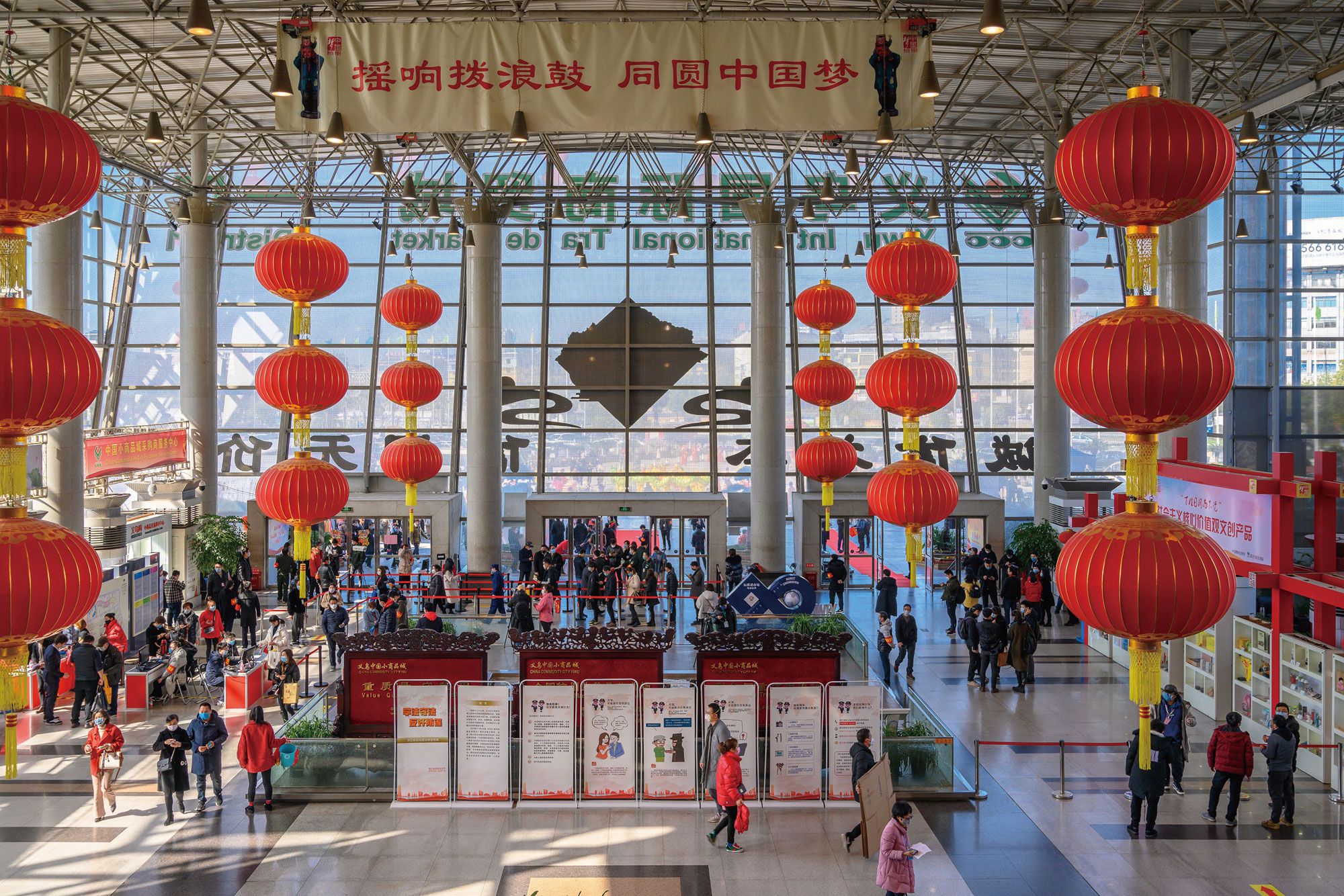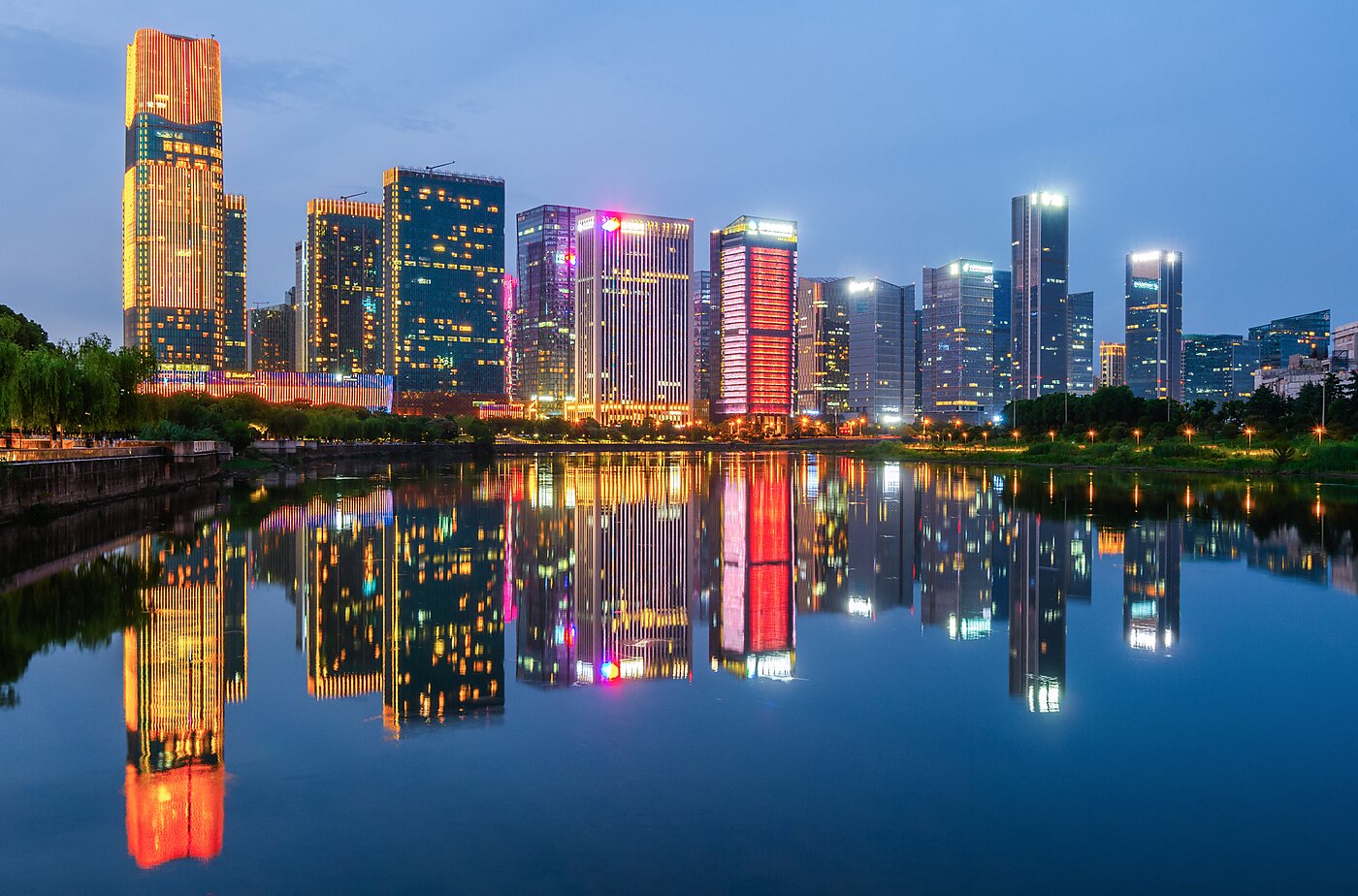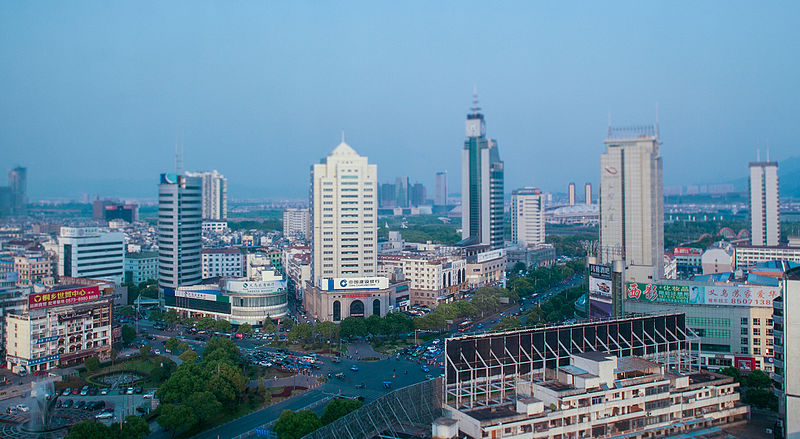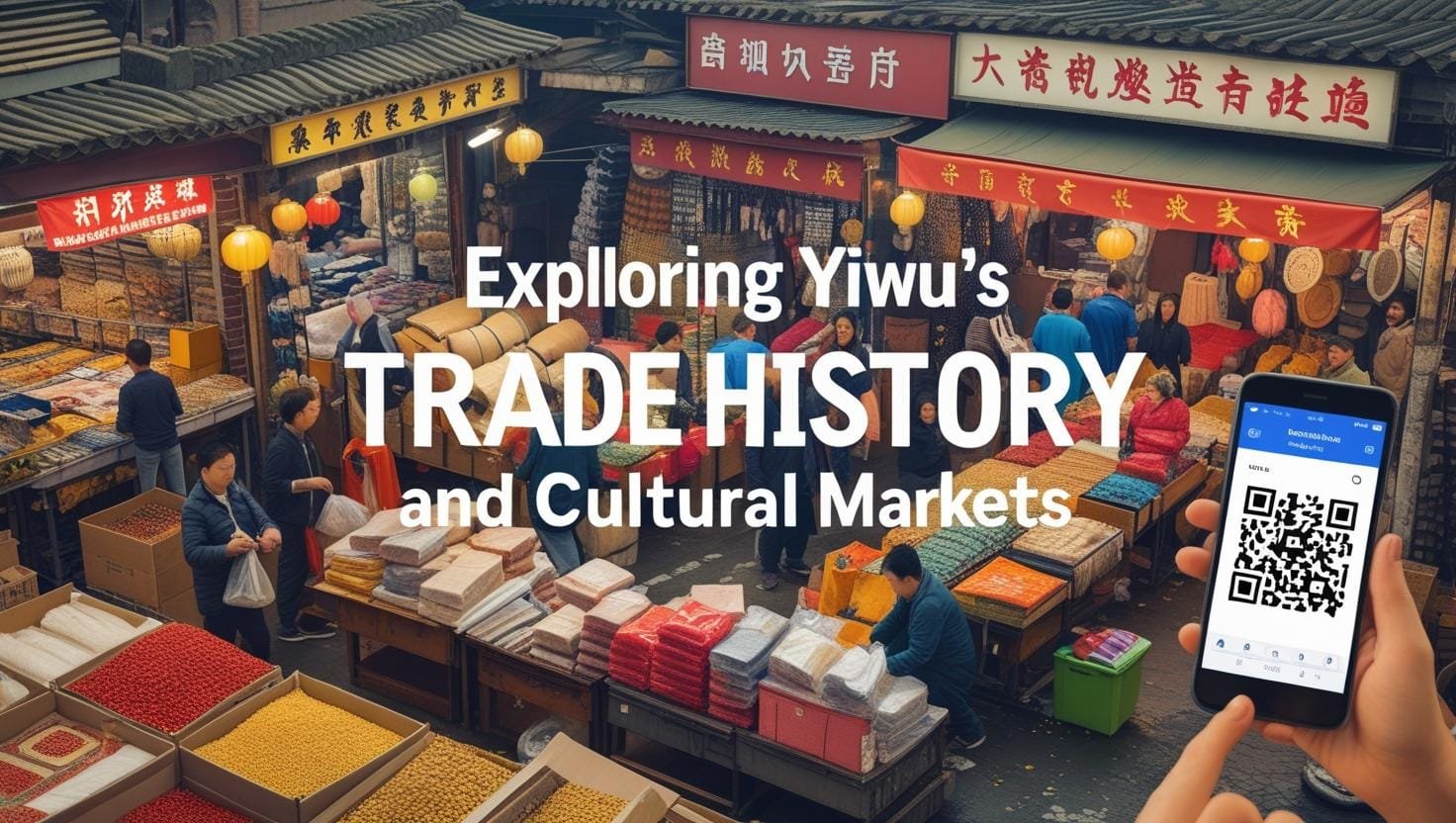Exploring Yiwu’s Trade History and Cultural Markets

Welcome to the vibrant world of Yiwu, a city in Zhejiang Province that epitomizes China’s entrepreneurial spirit and rich tapestry of trade and culture. If you’re a traveler eager to delve into Yiwu Trade History, or someone fascinated by Yiwu cultural heritage, this guide will take you on an unforgettable journey. Here at jusha.travel, we love sharing tips to make your China journey unforgettable, from exploring bustling markets to uncovering hidden cultural gems. Whether you’re planning a trip focused on China market culture or seeking out cultural attractions in Yiwu, this post serves as your ultimate Yiwu travel guide, blending history with practical advice for China cultural tours. Let’s dive in and discover how Yiwu’s evolution from a humble trading post to a global hub reflects the heart of China’s dynamic heritage.
The Roots of Yiwu Trade History: From Bartering to Early Markets

To truly appreciate Yiwu Trade History, we must start at its beginnings in the 1600s, when the region was a barren area in Zhejiang Province. Impoverished farmers, facing harsh agricultural conditions, turned to resourceful bartering to survive. For instance, they exchanged homemade sugarcane candy for feathers, which served as both fertilizer and materials for everyday items—a practice known as “feather-candy” trading [source: Yiwu: China’s Free-Market City]. This ingenuity laid the groundwork for what would become a cornerstone of China market culture, showcasing how everyday survival tactics evolved into thriving commerce.
By the 1700s, these early exchanges had formalized into the first small wholesale markets, driven by itinerant traders who used rattle drums to attract customers. This traveling culture not only fostered community but also highlighted Yiwu cultural heritage, where innovation and adaptability were key. As a traveler, imagine wandering these early markets, tasting local sweets, and witnessing the blend of necessity and creativity that defined the era.
For modern visitors on a Yiwu travel guide adventure, exploring these roots offers practical insights. Consider visiting sites that preserve this history, such as local museums or restored trading areas. A tip for fellow culture enthusiasts: Pair your trip with a food experience—try sampling traditional Zhejiang snacks like rice cakes, which echo the resourcefulness of those early barters. This not only enriches your understanding of cultural attractions in Yiwu but also ties into broader China cultural tours, where food and trade intertwine to tell a story of resilience.
Suppression and Resilience: Yiwu’s 20th-Century Challenges

The 20th century brought significant challenges to Yiwu Trade History, testing the city’s enduring spirit. After the establishment of the People’s Republic of China in 1949, private trade was heavily restricted under policies like the “Three No Rule,” which banned farmers from business, prohibited private sales of industrial goods, and discouraged self-employment [source: Yiwu Market History]. Despite these suppressions, the entrepreneurial drive persisted through “walking traders” who operated covertly, keeping the flame of China market culture alive.
This period of resilience is a testament to Yiwu cultural heritage, where communities adapted under adversity. For example, traders continued to exchange goods illegally, laying the foundation for future growth. As you plan your Yiwu travel guide, reflect on how these stories of perseverance shape the city’s identity today. It’s a reminder of China’s broader narrative of transformation, from centralized planning to open markets. Practical advice for travelers: When visiting Yiwu, seek out cultural exhibits or guided tours that discuss this era—they often include interactive elements, like role-playing historical trades. If you’re interested in technology, note how modern digital platforms now facilitate what was once underground commerce, aligning with China’s tech-savvy evolution. For a deeper dive, check out resources like academic studies on religious and cultural changes, which explore how trade influenced societal shifts. These insights make China cultural tours more than sightseeing; they become personal journeys of discovery.
Modern Transformation and Yiwu’s Cultural Markets Today

The late 1970s marked a turning point in Yiwu Trade History, with economic reforms paving the way for Yiwu’s rise as a global wholesale powerhouse. Capitalizing on its informal market traditions, the city developed the Yiwu International Trade Market—now the world’s largest small commodities hub [source: Yiwu International Trade City on Wikipedia]. This transformation reflects Yiwu cultural heritage, where local ingenuity meets international demands, offering everything from toys and textiles to festival decorations.
Today, Yiwu’s cultural markets embody China market culture at its most diverse. You’ll find ethnic stalls representing global influences, from African imports to Middle Eastern goods, making it a melting pot of cultural attractions in Yiwu. Entrepreneurial innovation thrives here, with traders adapting to trends through product customization and rapid market responses [source: The Reception of Contemporary Chinese Works]. As part of your Yiwu travel guide, don’t miss bargaining for unique souvenirs or joining a cultural tour that highlights this global reach.
For travelers, here’s a list of tips to enhance your experience:
- Timing your visit: Go during off-peak seasons to avoid crowds and get better deals.
- Food adventures: Sample street foods like stinky tofu or local dumplings, which fuse traditional flavors with international twists.
- Tech integration: Use apps for navigation and translation, reflecting China’s cutting-edge technology in everyday trade.
- Sustainable practices: Look for eco-friendly vendors, as Yiwu is adapting to global environmental trends.
These elements make China cultural tours in Yiwu not just about shopping, but about experiencing a living history that inspires and connects.
In conclusion, exploring Yiwu Trade History and its cultural markets reveals a captivating story of adaptation, from ancient bartering to a modern global hub. This journey through Yiwu cultural heritage, China market culture, and cultural attractions in Yiwu offers invaluable insights for any traveler, enriching your understanding of China’s multifaceted charm. At jusha.travel, we’re passionate about guiding you through such experiences, so whether you’re crafting your next Yiwu travel guide or planning broader China cultural tours, remember that every trip is an opportunity for discovery.
We’d love to hear from you—share your Yiwu stories in the comments below, visit jusha.travel for more inspiring content, or explore related articles like our guides to other Chinese markets. Safe travels!

